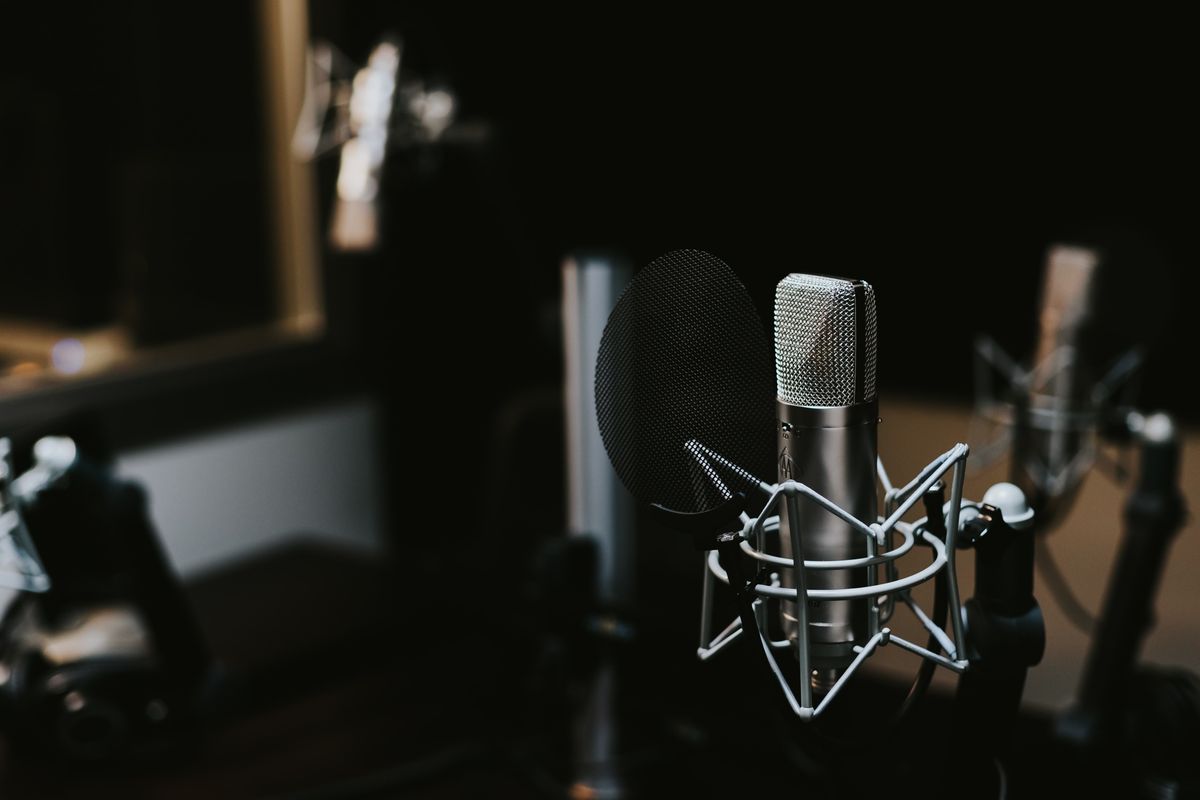
Radio Advertising Pros and Cons
Radio is probably not the first thing that comes to mind when you are thinking of ways to advertise your business. Especially in these days of social media and Facebook fan pages, radio might seem old-school. But radio can be an important part of your marketing strategy. To do it right, you need to understand the pros and cons of radio advertising.
3 pros of radio advertising
- You can target your advertising to a specific audience. Different radio stations have different formats, from news/talk to oldies to rock. Decide who you are trying to reach (teenagers, families, urban men, suburban moms), and then choose the radio format that reaches your audience.
- A 30-second ad on radio is often less expensive than a 30-second TV ad and easier to produce.
- Radio ads can be produced very quickly, unlike television ads. And unlike magazine print ads, you do not have to wait for the next issue to come out.
3 cons of radio advertising
- While a reader can cut out your print ad and save it for later use, a radio ad is very ephemeral, playing over the radio for a minute or less.
- Morning and evening commutes are key times when many businesses want their ads to run, and there are only so many spots to go around. This can drive up the cost for those choice time slots.
- Radio can often be background noise. You will need to run your ad more than a few times in order for it to make an impact.
Tips on how to run a successful radio ad campaign
If you decide to go with radio advertising to promote your products or services, there are a few things to keep in mind that will help make it more effective.
Radio ads engage listeners by constructing a 30- or 60-second story, keeping the product or service being sold at the forefront throughout, covering all the key points in an efficient and entertaining way and finishing with a call-to-action such as a phone number or web address. If you will be writing the ad yourself, make sure to use informal language and write the way you talk. Proper pacing is also important; trying to cram too much into your ad will only make you seem pushy. Include the proper pauses, just as if you were speaking to the customers directly.
More articles from AllBusiness.com:
- 7 Modern Sources of Cheap Advertising for Small Businesses
- Is Traditional Marketing Dead?
- Cheaper TV Ads for Small Businesses
- The ABCs of Effective Advertising
- Product Placement—It Works for Small Businesses, Too
Remember that people listening to your ad are probably doing something else at the same time, like driving in their cars or doing household chores. For this reason, repeat key information such as your company name and the name of the product or service you're selling. Let them know the call-to-action is coming ("Have a pen or pencil handy?"), and then repeat your phone number or web address at least three times.
The music and tone of the ad should also fit the station the ad will be airing on. For example, if you'll be buying time on a rock music station, you don't want to use a country jingle in your ad. It also pays to choose the proper type of station or programming, and make sure it is a good fit with your customer base.
FAQs about radio advertising
Below we have summarized the most important questions and answers on the subject.
What are the advantages of radio advertising?
- You can target your advertising to a specific audience.
- It's less expensive than a TV ad and easier to produce.
- Radio ads can be produced very quickly and air almost immediately.
What are the disadvantages of radio advertising?
- A radio ad is ephemeral and short.
- Choice time spots are often more expensive.
- Radio ads are often ignored as background noise and you will need to air your ad many times.
RELATED: The Top 7 Video Marketing Mistakes to Watch Out For



